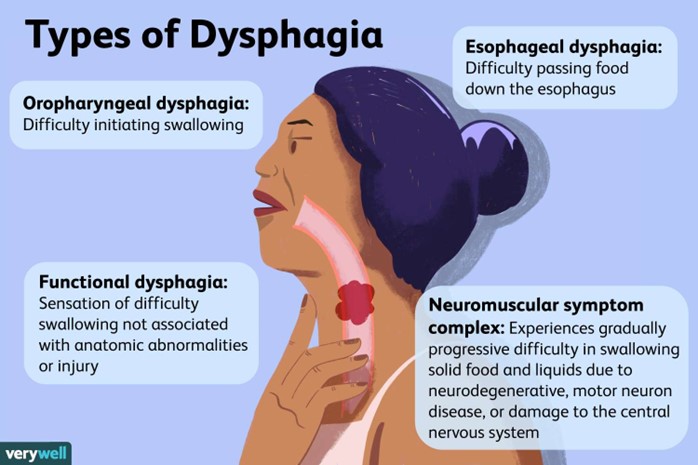A nurse is developing a plan of care for a client who has radiation-induced diarrhea and nausea. Which of the following interventions should the nurse include in the plan?
Provide a snack 30 min before treatments
Ensure foods are served hot
Administer antiemetics on a schedule
Serve low carbohydrate meals
The Correct Answer is C
Choice A reason: Providing a snack 30 min before treatments can worsen nausea and diarrhea, as food can stimulate gastric motility and secretion. It is better to avoid eating for at least 2 hours before and after treatments.
Choice B reason: Ensuring foods are served hot can increase nausea and diarrhea, as hot foods can have strong smells and irritate the digestive tract. It is better to serve foods at room temperature or cold.
Choice C reason: Administering antiemetics on a schedule can prevent nausea and vomiting, which can lead to dehydration and electrolyte imbalance. Antiemetics can also reduce abdominal cramps and spasms that cause diarrhea.
Choice D reason: Serving low carbohydrate meals can aggravate diarrhea, as carbohydrates are the main source of energy for the body. It is better to serve high carbohydrate meals that are easy to digest, such as rice, potatoes, bread, or crackers.
Nursing Test Bank
Naxlex Comprehensive Predictor Exams
Related Questions
Correct Answer is B
Explanation
Choice A reason: Telling the client to lie down after eating can increase the risk of aspiration pneumonia, as food or liquids can enter the lungs more easily when lying down.
Choice B reason: Instructing the client to tuck her chin when swallowing can help prevent aspiration pneumonia, as it closes off the airway and directs food or liquids into the esophagus.
Choice C reason: Placing the client in a Fowler's position to eat can help prevent aspiration pneumonia, as it elevates the head and chest and allows gravity to assist with swallowing.
Choice D reason: Encouraging the client to drink water before each meal can increase the risk of aspiration pneumonia, as it can thin out saliva and make it harder to control swallowing.

Correct Answer is A
Explanation
Choice A reason: Tuna fish is a good food choice for an older adult client who has difficulty chewing due to missing teeth because it is soft, moist, and easy to swallow. Tuna fish also provides protein, omega-3 fatty acids, and vitamin D for the client.
Choice B reason: Roast beef is not a good food choice for an older adult client who has difficulty chewing due to missing teeth because it is tough, dry, and hard to chew. Roast beef can cause pain, fatigue, or choking for the client who has missing teeth. Roast beef should be avoided or cut into very small pieces and moistened with gravy or sauce before consuming.
Choice C reason: Apple slices are not a good food choice for an older adult client who has difficulty chewing due to missing teeth because they are crisp, firm, and sticky. Apple slices can cause irritation or injury to the gums or mouth or dislodge any remaining teeth. Apple slices should be avoided or cooked until soft and mashed before consuming.
Choice D reason: Dried fruit is not a good food choice for an older adult client who has difficulty chewing due to missing teeth because they are chewy, sticky, and sugary. Dried fruit can adhere to the gums or teeth and cause dental caries or gum disease. Dried fruit should be avoided or soaked in water until soft and cut into small pieces before consuming.
Whether you are a student looking to ace your exams or a practicing nurse seeking to enhance your expertise , our nursing education contents will empower you with the confidence and competence to make a difference in the lives of patients and become a respected leader in the healthcare field.
Visit Naxlex, invest in your future and unlock endless possibilities with our unparalleled nursing education contents today
Report Wrong Answer on the Current Question
Do you disagree with the answer? If yes, what is your expected answer? Explain.
Kindly be descriptive with the issue you are facing.
